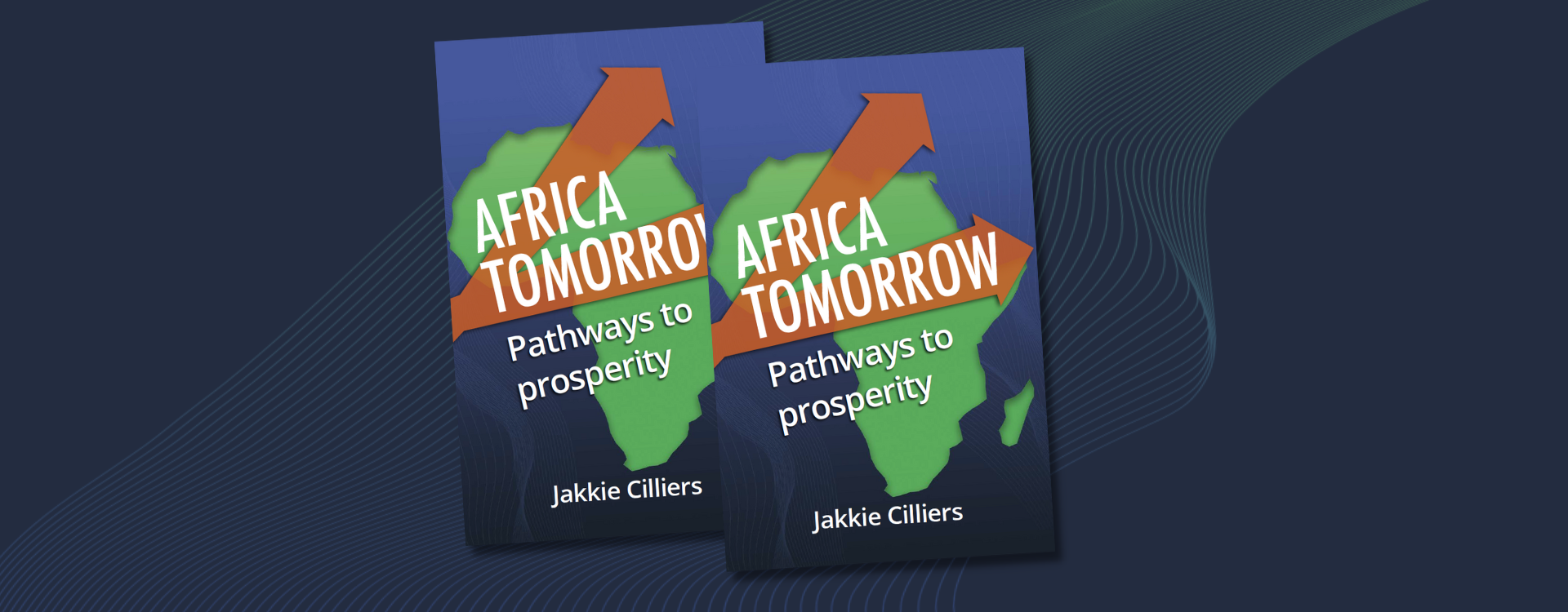Launch and discussion: Africa tomorrow – pathways to prosperity

This event provides insight into likely future trends and enables a better understanding of Africa’s development challenges and potential.
-
Date: 01 December 2022
-
Time: 17:30 – 19:30 (GMT+2)
-
Venue: In person, ISS Pretoria, limited to 30 people (register for in person attendance)
Overview
In a global environment of increasing instability and pressure brought on by climate change, Africa is falling further behind on its development goals. How can the continent’s lacklustre trajectory be stimulated, and what do historical world trends reveal about Africa’s likely position in 2043? Dr Jakkie Cilliers answers these vital questions in his new book Africa Tomorrow.
This event will explore policy-relevant dialogue through a series of positive scenarios from health, education, agriculture, infrastructure, leapfrogging, free trade and governance on Africa’s long-term future.
This event is co-hosted by the Institute for Security Studies’ African Futures and Innovation programme and the Thabo Mbeki African School for Public and International Affairs.
Development partners
The ISS is grateful for support from the members of the ISS Partnership Forum: the Hanns Seidel Foundation, the European Union, the Open Society Foundations and the governments of Denmark, Ireland, the Netherlands, Norway and Sweden.
More to explore

26 Aug 2025
Africa at work: redefining employment for a changing continent
Digitisation and youth-oriented policies could offer Africa’s vast youth population the prospect of adequate and productive jobs.

11 Nov 2025
Mobilising Africa’s financial flows for development
How can Africa navigate disinvestment and diversification to secure sustainable development finance in a shifting world order?

28 Mar 2025
South Africa’s active yet unequal trade with China
From afar, the China-South Africa trade relationship looks amazing, but when you look at the figures more closely, some real problems become evident.

17 Sep 2025
Unlocking Africa’s manufacturing potential
Energy, transport and reforms are strategic priorities for Africa’s industrialisation.